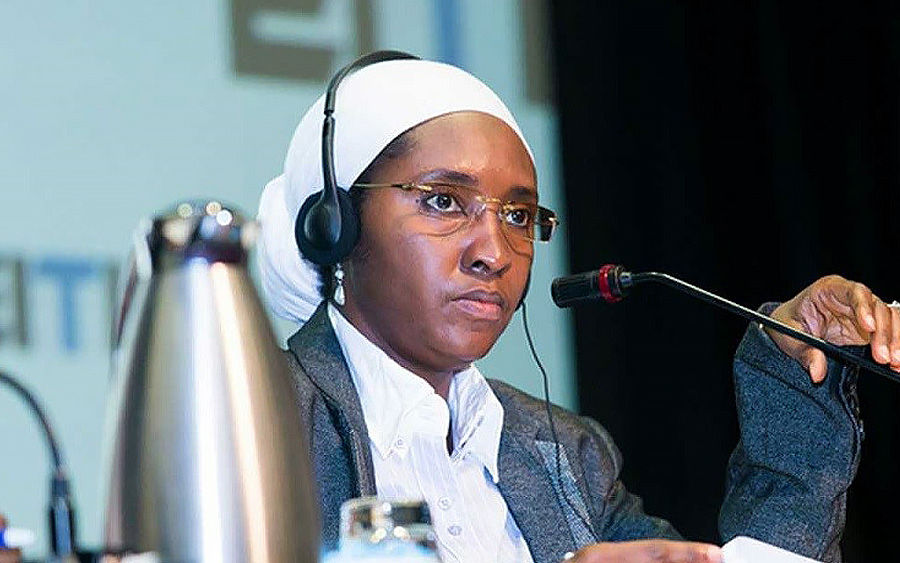The Finance Minister, Zainab Ahmed, has described the increased 7.5% value-added tax (VAT) as an initiative designed for the good of Nigerians and would help with fund the 2020 Budget. The Federal Government plans to use the 2020 Finance Bill to raise N8.155 trillion as it moves to implement the tax reforms.
Ahmed said the capital raised by the tax reforms would be for the benefit of Nigerians as 15% of the capital would go to the Federal Government, 35% to the Local Governments and 50% to the States.

Nairametrics had previously reported that President Muhammadu Buhari signed the 2019 Finance Bill into law. According to the President, this is the first time, since the return of democracy in 1999 that a Federal Budget is being accompanied by the passage of a Finance Bill.
President Buhari had stated that the Finance Bill was introduced alongside the 2020 Budget, to:
- Reform Nigeria’s tax laws to align with global best practices;
- Support MSMEs in line with our Ease of Doing Business Reforms;
- Incentivize investments in infrastructure and capital markets;
- Raise Government revenue.
What you need to know: The Finance Bill contains some measures for the Micro, Small and Medium Enterprises:
- Introducing a VAT registration threshold for MSMEs with a turnover of less than N25 million per annum
- Reducing the corporate tax rate for MSMEs from 30% to 20% for small firms (with turnover of between N25million and N100million per annum.)
- Exempting micro-firms (with turnover of less than N25million per annum).
[READ MORE: Now that President Buhari has signed the Finance Bill into law)
Finance Bill is for the good of Nigerians: Ahmed said the Finance Bill “proposes to introduce tax reforms that will help government achieve its revenue projections for the 2020 Budget (N8.155trillion).”
She added that, “Though the draft Finance Bill proposes an increase of VAT rate from 5% to 7.5%, it is important to note that a large sum of money realised from the taxation would rather go to the people; the States and the Local Governments Areas (LGAs) are to get 50% and 35% respectively while only 15% will go to the Federal Government.”
The minister further explained that the Finance Bill “is a peoples Bill considering the expansion of VAT exemption list which includes: basic food items (agro and aqua based staple foods) such as additives, cereals, cooking oils, culinary herbs, fish of all kinds (other than ornamented), flour and starch, fruits, live or raw meat and poultry, milk, nuts, pulses, roots, salt, vegetables, and water; Locally manufactured sanitary towels, tuition (primary, secondary and tertiary education); and services rendered by Microfinance Banks.”
Finance Bill not a one-time initiative: According to Ahmed, the Finance Bill might become a culture in the government.
“Future finance bills will also provide us with additional opportunities to improve the fiscal policy and regulatory/legal environment in order to further strengthen our domestic capital market, and ultimately ensure sustained and inclusive growth and development.”
She added that the Finance Bill “has also taken care of essential palliatives to support Micro Small and Medium Enterprises (MSMEs) and mitigate the impact of the VAT rate increase on the most vulnerable businesses, communities and citizens in the economy.”
















